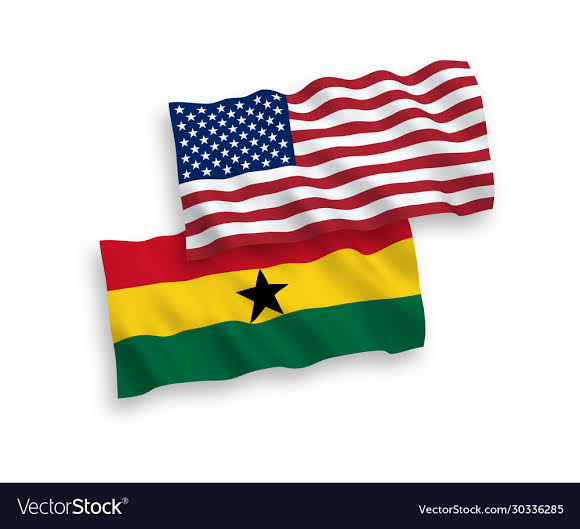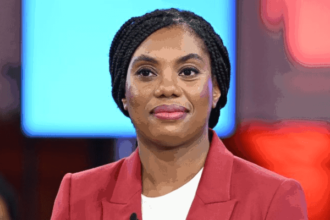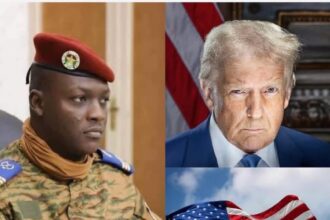
The United States government has imposed new visa restrictions on Ghanaian nationals, reducing the validity of most non-immigrant visas to three months and limiting them to single entry. This development follows a similar measure recently applied to Nigerian citizens.
According to a circular from the U.S. Department of State’s Bureau of Consular Affairs, the new policy affects categories such as B-visas, used for tourism and business, as well as F1 student visas. Under the revised rules, most Ghanaian applicants will now receive visas valid for only three months and usable for a single entry into the U.S.
Diplomatic categories, such as A-visas, are excluded from the restrictions. Government officials and diplomats will retain longer validity periods and multiple-entry privileges, ranging from two to five years. While family-based visas such as K1 and K2 are now subject to the reduced terms, K3 and K4 visa holders will continue to enjoy multiple-entry access for up to 24 months.
This decision comes on the heels of the July 8 announcement by the U.S. Embassy in Nigeria, which also introduced a three-month, single-entry limit on most non-diplomatic, non-immigrant visas. The U.S. has explained the changes as part of a global review of its visa reciprocity framework—an effort to align American visa policies with those imposed by other nations on U.S. citizens.
The policy revision has sparked concern in West Africa, especially among business travelers, students, and frequent visitors to the U.S. While the U.S. attributes the change to its reciprocity principle, Nigerian officials have contested this rationale.
Bayo Onanuga, Special Adviser to President Bola Tinubu on Information and Strategy, clarified that Nigeria still offers five-year multiple-entry visas to U.S. nationals. He explained that the recently introduced three-month single-entry visa applies only to the e-visa category, intended for short-term visits and to replace the defunct visa-on-arrival system.
He added that the e-visa process is fully online, with a 48-hour turnaround, and does not require embassy visits. Onanuga pointed out that although Nigeria has made such provisions for Americans, the U.S. has yet to reciprocate, and that diplomatic discussions are ongoing to address the imbalance.
As both Ghana and Nigeria now face similar U.S. visa restrictions, analysts warn of broader implications for relations between the U.S. and West African countries, particularly in areas such as education, tourism, and regional business activities.
Source: https://guardian.ng/








